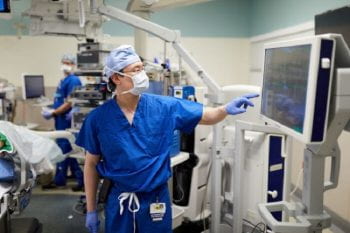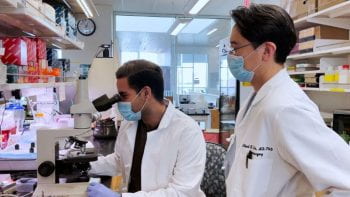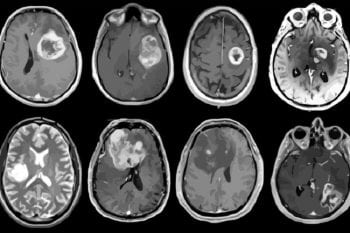Even treated with the most advanced therapies, patients with glioblastoma — an aggressive brain cancer — typically survive less than two years after diagnosis. Efforts to treat this cancer with the latest immunotherapies have been unsuccessful, likely because glioblastoma cells have few, if any, natural targets for the immune system to attack. In a cell-based […]
Researchers make glioblastoma cells visible to attacking immune cells





